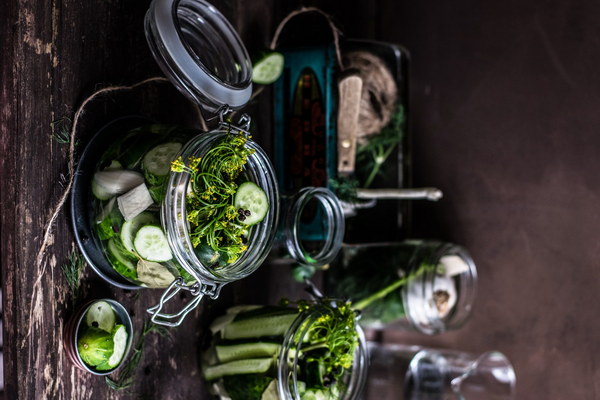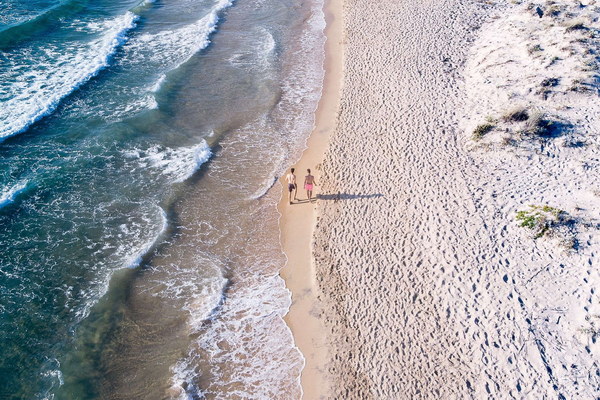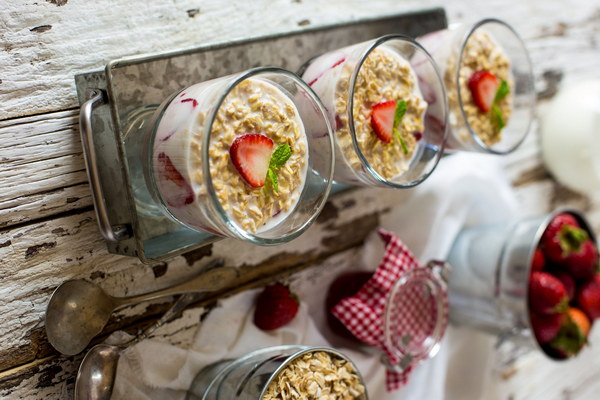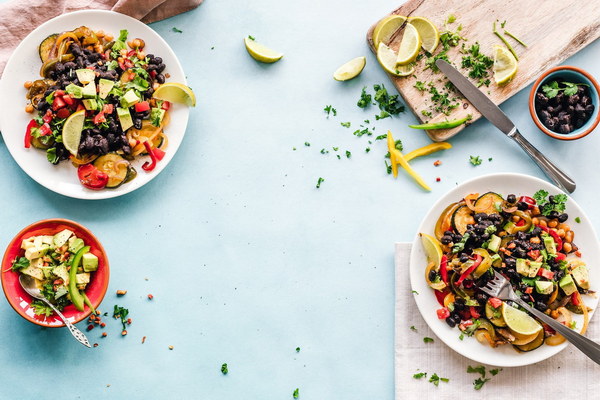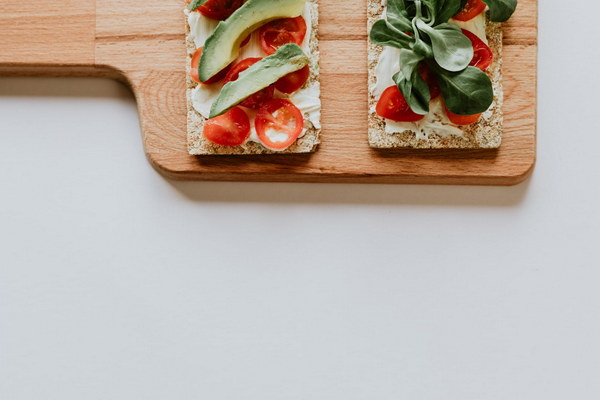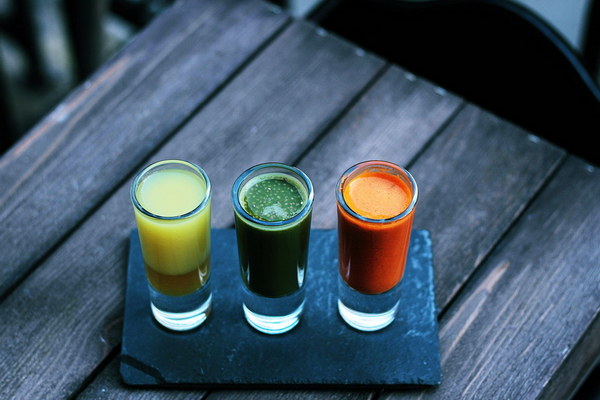Caring for Your Body Without a Gallbladder Essential Tips for a Healthy Lifestyle
Living without a gallbladder can be challenging, but it doesn't mean you have to sacrifice your health. The gallbladder plays a crucial role in storing and concentrating bile, which helps in the digestion of fats. When you don't have a gallbladder, your body must adapt to new ways of digesting and absorbing fats. Here are some essential tips to help you maintain a healthy lifestyle without a gallbladder.
1. Choose Low-Fat Foods:
Since your body struggles to digest and absorb fats without a gallbladder, it's important to consume low-fat foods. Opt for lean proteins, whole grains, fruits, and vegetables. These foods are easier to digest and provide the necessary nutrients your body needs.
2. Gradually Increase Fiber Intake:
Fiber is essential for a healthy digestive system. However, consuming high-fiber foods too quickly can cause discomfort. Start by gradually increasing your fiber intake to allow your body to adjust. Focus on fiber-rich foods like legumes, fruits, vegetables, and whole grains.
3. Stay Hydrated:
Drinking plenty of water is crucial for maintaining a healthy gallbladder and overall well-being. Water helps to break down fats and aids in digestion. Aim to drink at least 8-10 glasses of water daily.
4. Avoid Saturated and Trans Fats:
Saturated and trans fats are difficult for your body to digest without a gallbladder. These unhealthy fats can lead to weight gain, heart disease, and other health issues. Limit your intake of fried foods, processed snacks, and baked goods.
5. Exercise Regularly:
Regular exercise helps improve digestion and keeps your body healthy. Engage in activities such as walking, cycling, swimming, or strength training. Aim for at least 150 minutes of moderate-intensity aerobic activity per week, along with muscle-strengthening exercises on two or more days per week.
6. Manage Stress:
Stress can affect your digestive system, so it's essential to find healthy ways to manage stress. Practices such as meditation, yoga, deep breathing exercises, or engaging in hobbies can help reduce stress levels.
7. Consult with a Healthcare Professional:
If you're experiencing symptoms like bloating, gas, or diarrhea, it's important to consult with a healthcare professional. They can provide guidance on managing your symptoms and recommend appropriate treatments.
8. Consider a Cholesterol-Lowering Diet:
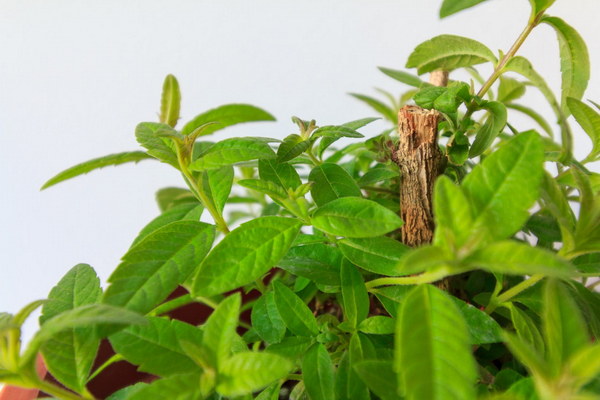
If you have high cholesterol, a cholesterol-lowering diet can help improve your health. Focus on foods that are rich in soluble fiber, such as oats, apples, and beans, as they can help lower cholesterol levels.
9. Plan Your Meals:
Plan your meals to ensure a balanced diet and avoid overeating. Eating smaller, more frequent meals throughout the day can help prevent discomfort and bloating.
10. Stay Informed:
Stay informed about your condition by researching and asking questions. Understanding your body's needs and limitations can help you make better decisions about your health.
Living without a gallbladder requires some adjustments, but it's possible to maintain a healthy lifestyle. By following these tips, you can ensure that your body gets the necessary nutrients and stays healthy. Remember, it's always best to consult with a healthcare professional for personalized advice and guidance.

